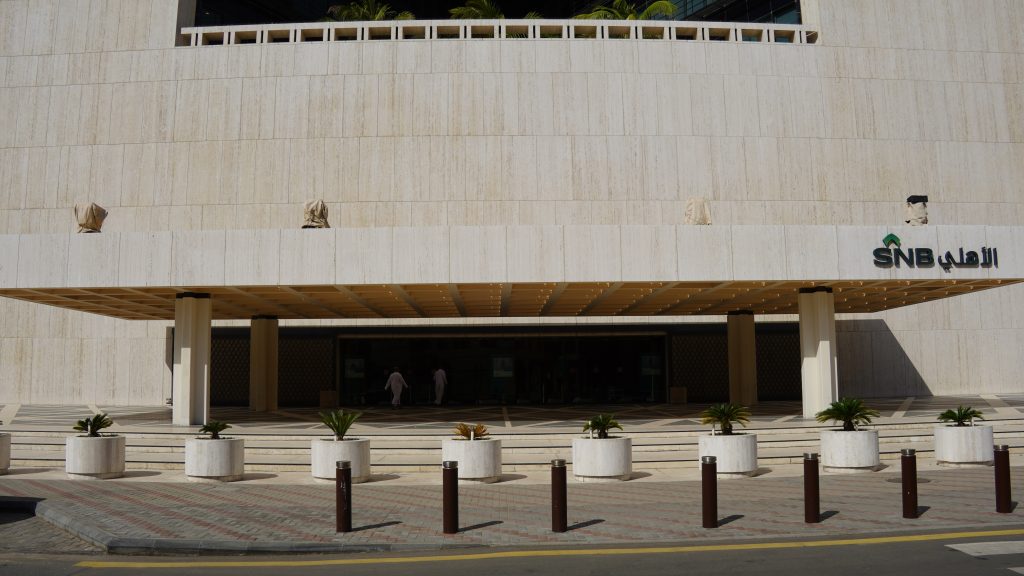Saudi Arabia’s banking industry is entering a pivotal phase as it prepares to launch its first major sale of non-performing loans (NPLs). This move signals a push toward financial modernization and greater alignment with international credit risk standards.
The timing is key, with the country embarking on large-scale infrastructure projects as part of Vision 2030. By selling off NPLs, banks can release capital for new lending, supporting the financing needs of these ambitious developments and setting a benchmark for neighboring GCC countries.
While securitizing NPLs is common in established markets like Europe and the US, the concept is still gaining traction in the Gulf region. The UAE’s success in this area has demonstrated the benefits of transparent pricing and strong legal frameworks, offering valuable lessons for Saudi Arabia.
Investors considering Saudi NPLs will prioritize transparency and legal clarity. Adapting best practices to local regulations and overcoming challenges such as legacy “name lending” will be crucial for success.
Efficient NPL management is essential for banks aiming to support Vision 2030’s goals in sectors like tourism, technology, and logistics. Securitizing bad loans allows banks to manage risk and direct resources to future growth opportunities, reinforcing their role in economic transformation.
However, challenges remain. Accurately valuing NPLs in an emerging distressed debt market and addressing legal uncertainties are significant hurdles. Improving loan documentation and collateral processes will be important steps forward.
The rise of specialized debt funds in the region is a positive development, bringing expertise and liquidity to the market. Over time, this could help establish standardized pricing and an active secondary market for distressed assets, contributing to a more robust financial ecosystem.
The broader impact of NPL securitization extends beyond bank balance sheets. It demonstrates the maturity and forward-thinking approach of Saudi Arabia’s financial sector, supporting its integration with the global economy and advancing Vision 2030’s diversification agenda.
Advanced analytics will be key to this transition, enabling more accurate portfolio valuations and boosting investor confidence through data-driven approaches.
Looking ahead, this shift could foster further financial innovation in the region, such as asset-backed securities and new financing models, helping to spread risk across Saudi Arabia’s major projects. The upcoming NPL sale marks a significant step in the kingdom’s journey toward economic resilience and modernized banking.
